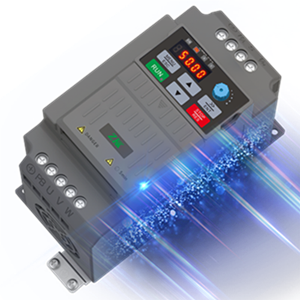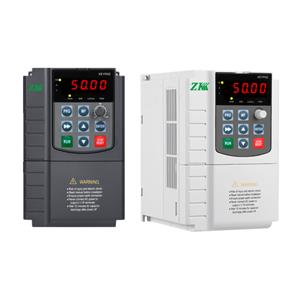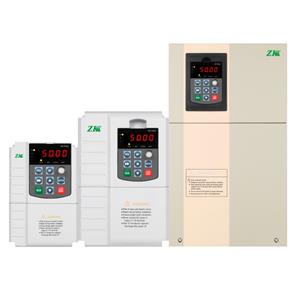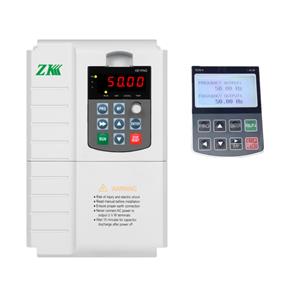Comparison between solar pump system and traditional electric and diesel pumps (I)
invert solar inverters solar pump invert solar invert system solar pumping inverter water pump invert solar water solar invert vfd ump vfd
In the vast areas of water and electricity shortage, agricultural irrigation, residential water use and industrial production often face severe challenges. Due to the lagging construction of power infrastructure in these areas and the heavy burden of electricity bills, traditional electric-driven water pump systems are difficult to meet the needs. Although diesel pumps have excellent fuel economy, their high operating costs, complex maintenance and environmental pollution problems also limit their application in these areas. Therefore, finding an efficient, environmentally friendly and sustainable water supply method has become a top priority.
Traditional electric water pumps rely on power grid power supply. Once there is a power outage or the grid is not covered, the water pump will not work properly. Although diesel pumps are not restricted by the grid, their operating costs are high, the noise is loud, and they need to continuously inject fuel, causing environmental pollution. In addition, the complex mechanical structure of diesel pumps is easily affected by external vibrations, and the risk of equipment damage is high.
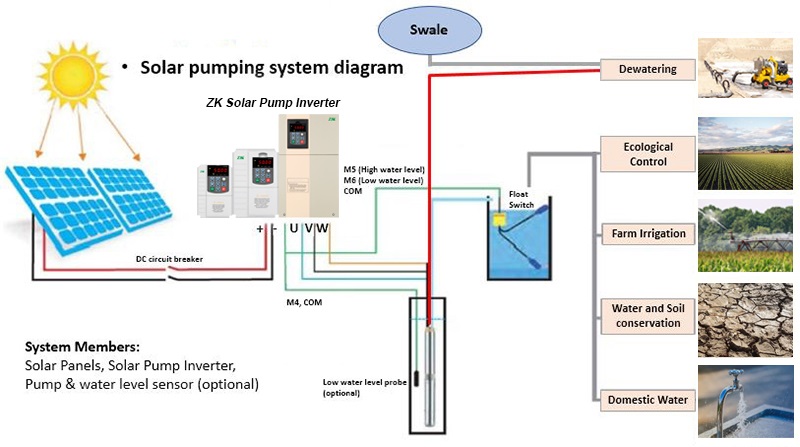
In contrast, the solar water pump system has brought a green revolution to water and electricity shortage areas with its unique advantages. Solar water pumps use solar energy to drive, without the need for external energy input, reducing dependence on traditional electricity. This not only solves the problem of power shortage, but also greatly reduces operating costs. From an environmental perspective, solar water pumps are more sustainable, do not produce carbon dioxide emissions, and achieve green water supply.
solar hybrid pomp hybrids solar inverter water frequency drive solar pump controller inverter manufacturing ac motor controller

